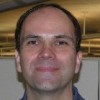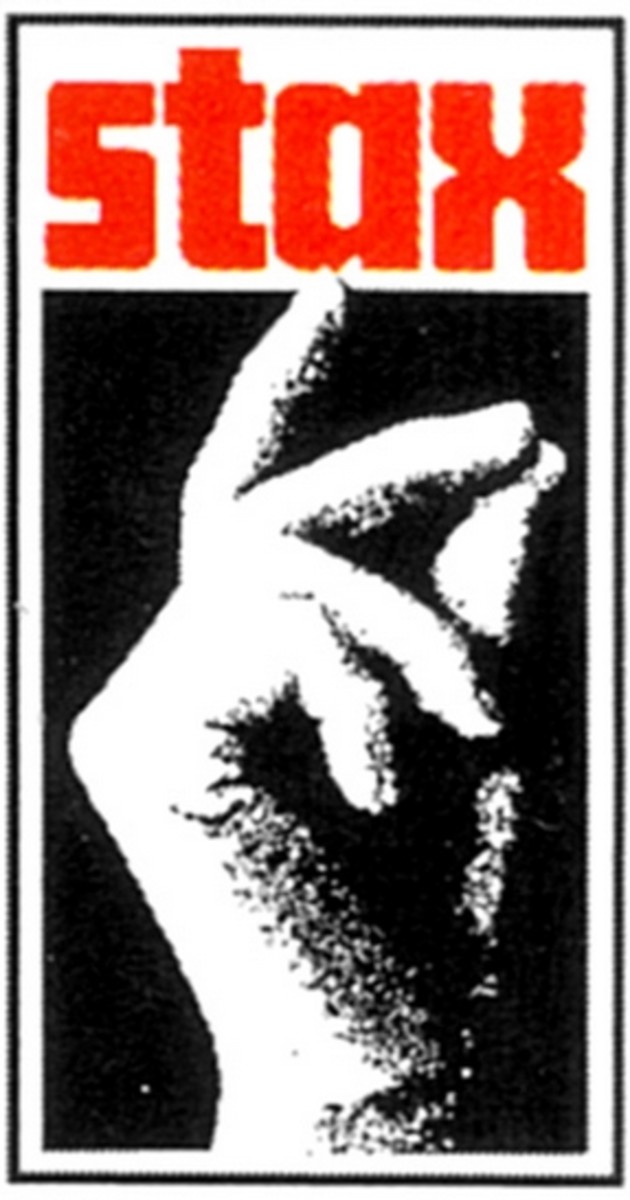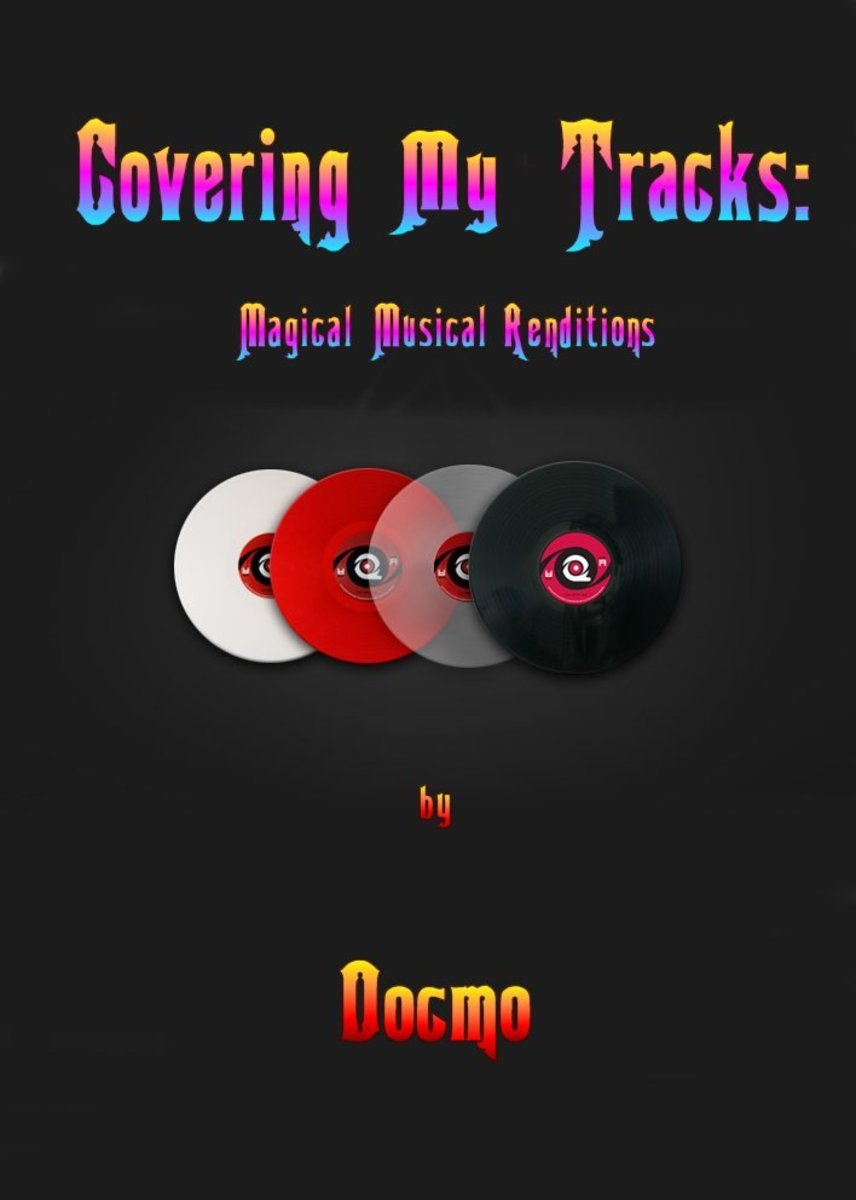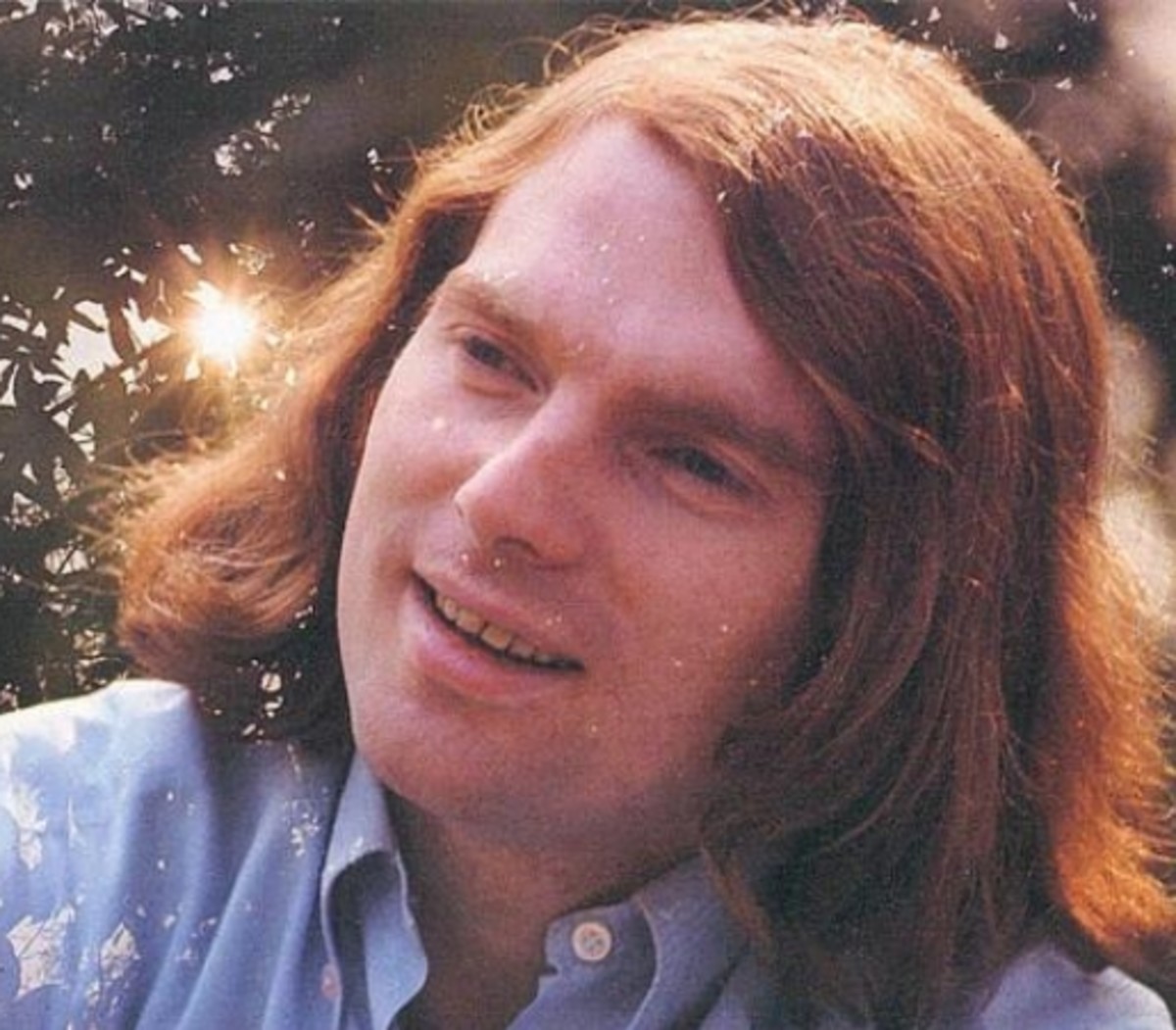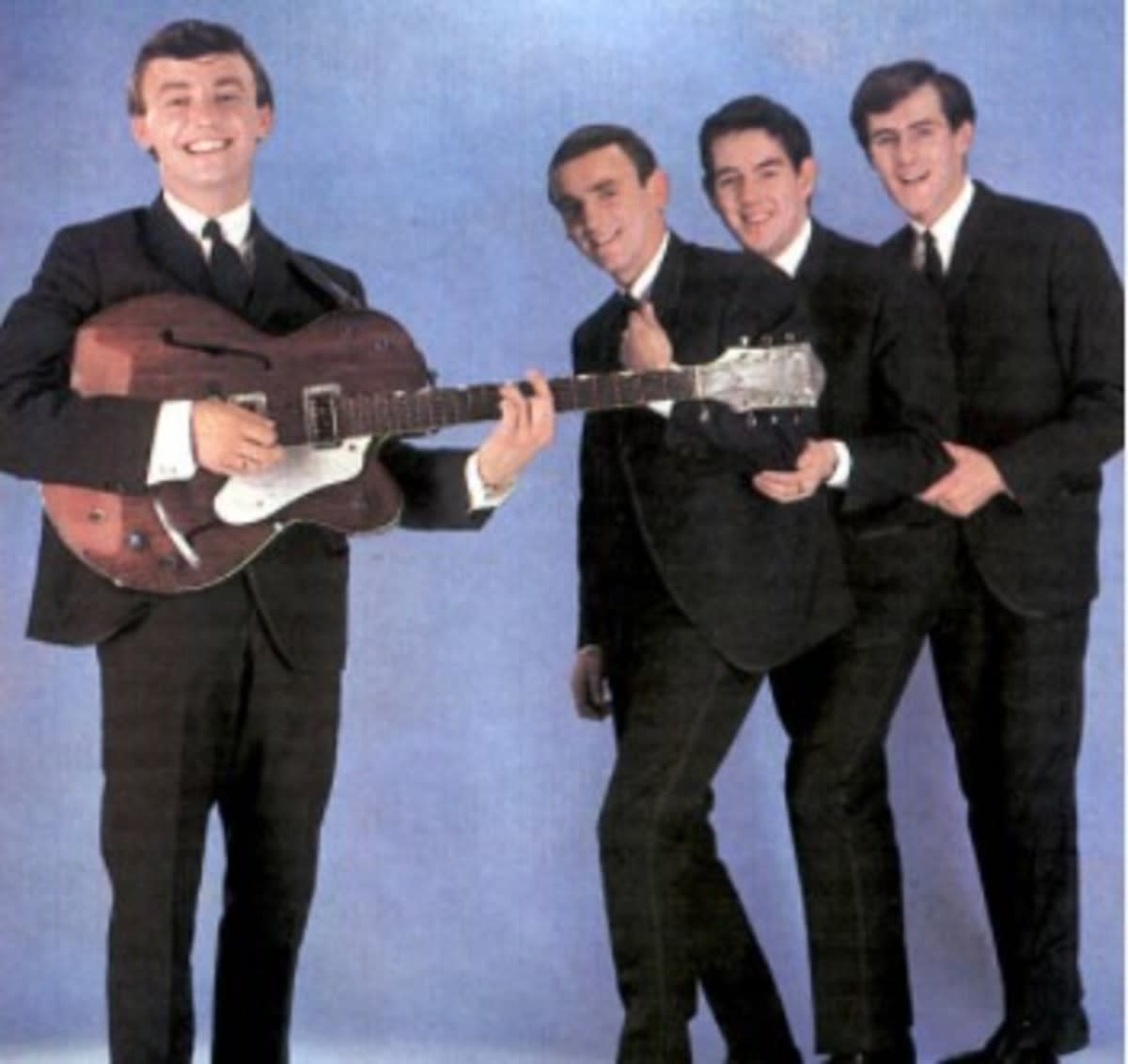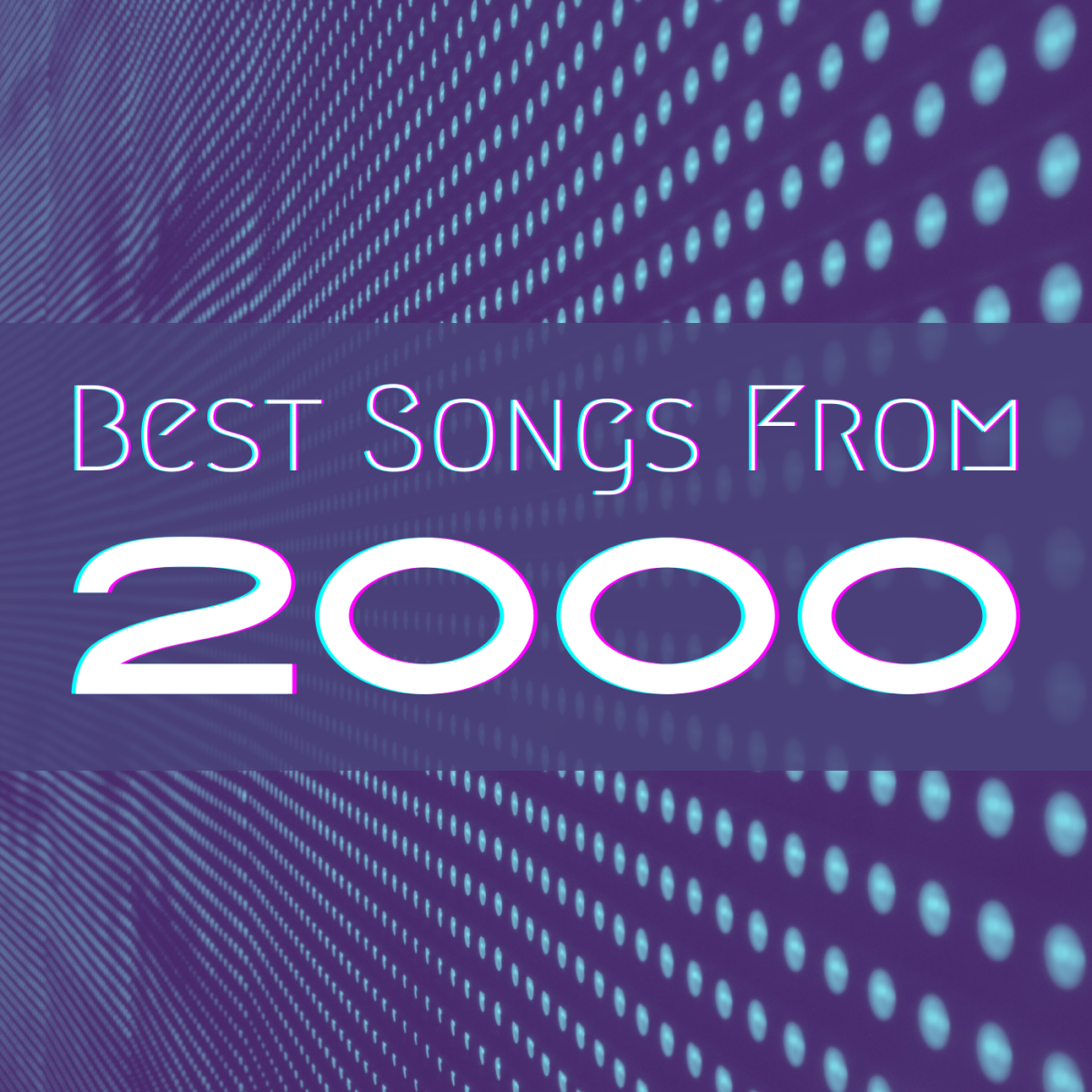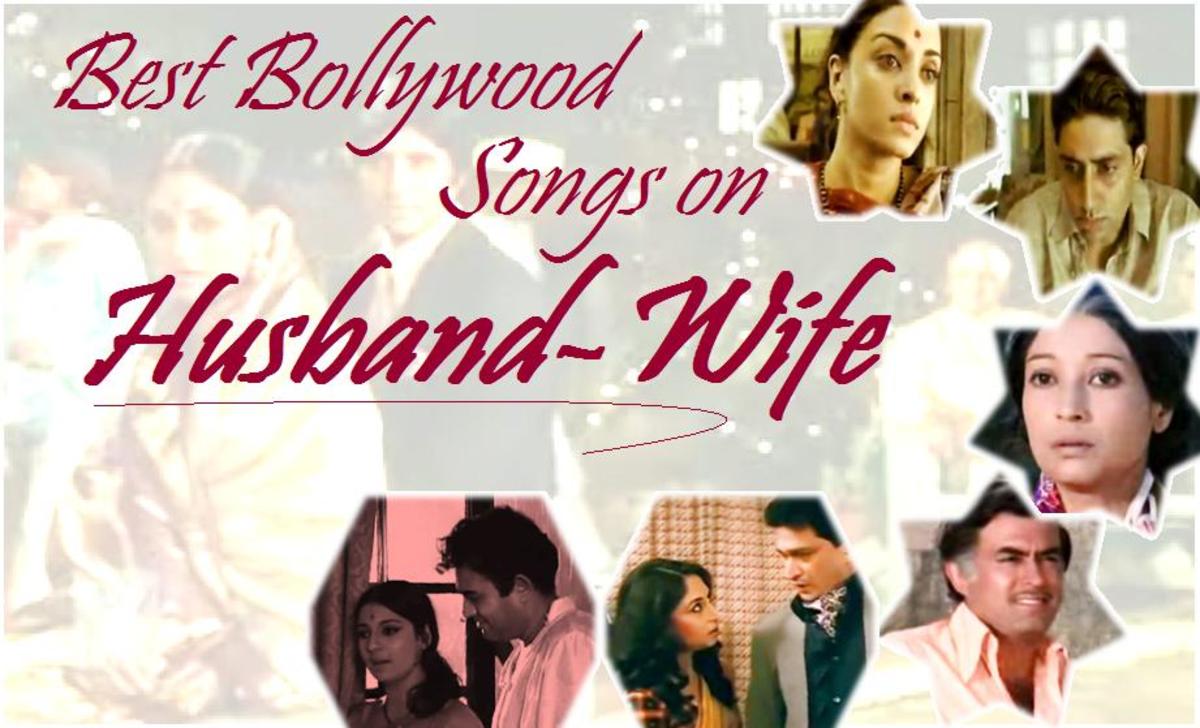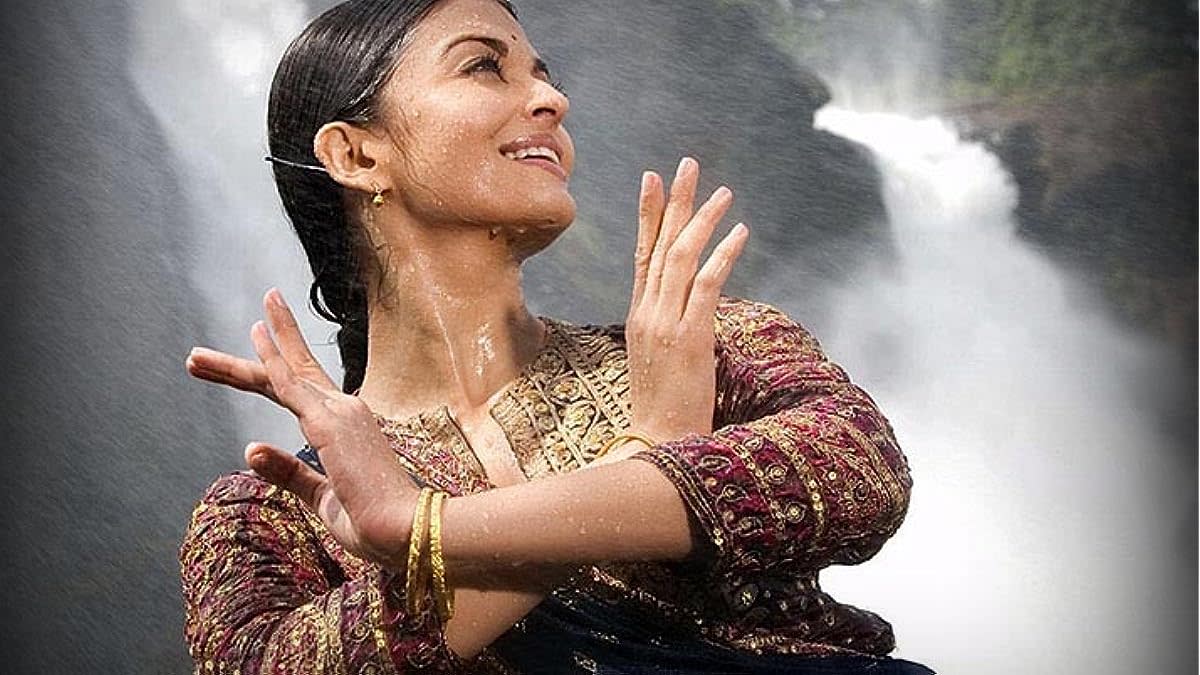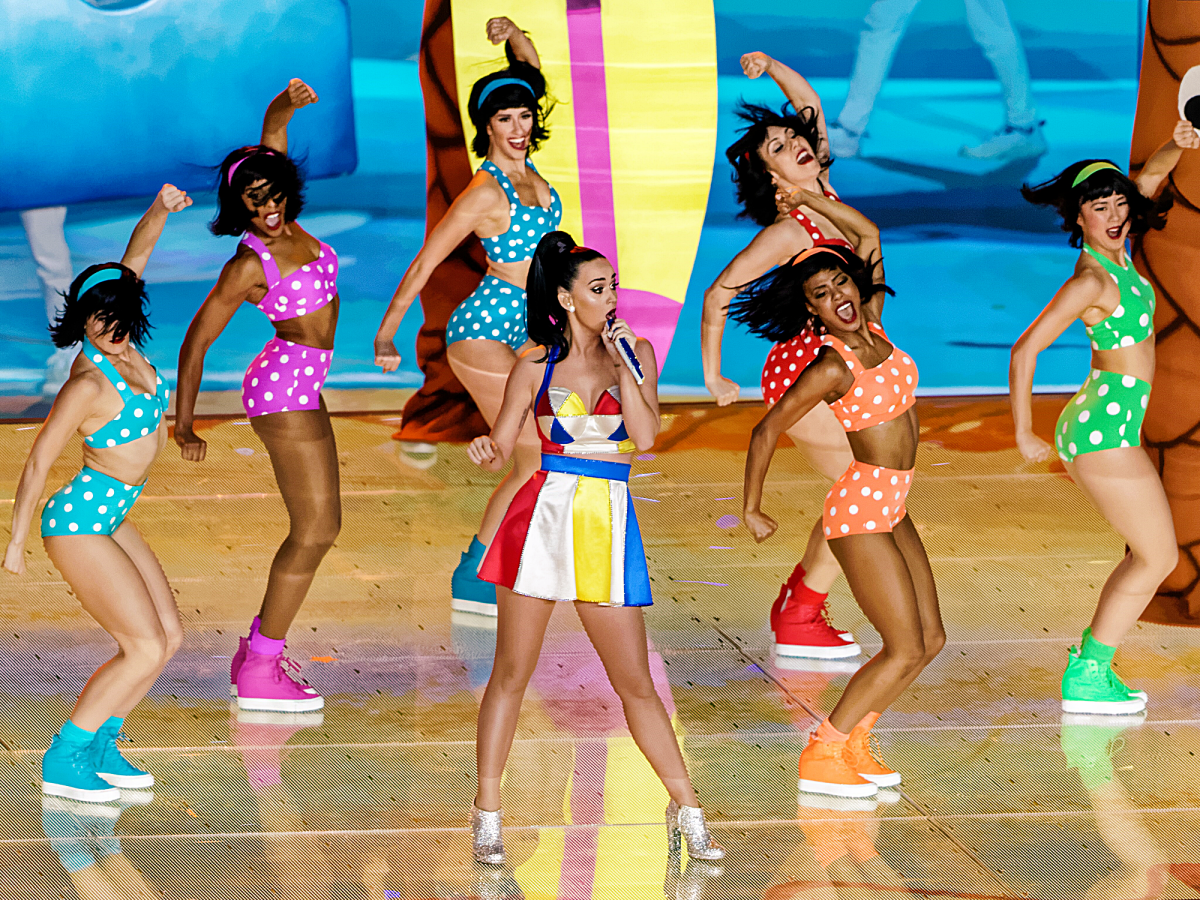Ten Best Post-Comeback Elvis Presley Songs
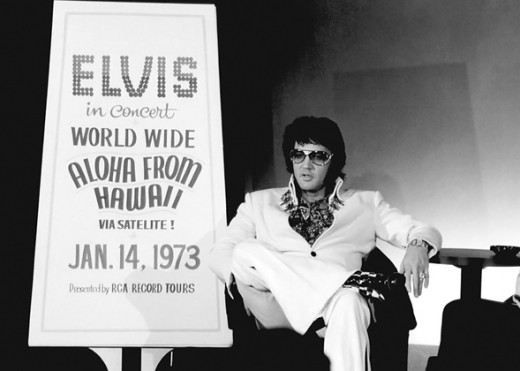
The following is a list of the best studio songs Elvis recorded in the late 1960's and 1970's after his triumphant comeback on the NBC television special that aired in December 1968. This period in his career could affectionately be called the "jumpsuit" years after the outfit he wore at his concerts. The challenge in theses later years of Presley's career was getting him to focus on his music. He had so many other distractions in his life like law enforcement, guns, karate, spiritual studies, numerous girlfriends, addictions to multiple prescription drugs, three airplanes, and endless touring just to support the lavish lifestyle. He rarely had much time or energy to devote to studio work. His health also declined until the time of his death in 1977 and he often wasn't in the best shape to deliver quality performances even when he did find time to enter the studio. However, when he was feeling well the results were always electric and moving. I could easily fill the list with songs from the legendary 1969 American studio sessions that produced the From Elvis in Memphis album, but I want to include some from throughout this period to showcase the variety of his musical interests. It takes some effort to sift through the wreckage of these last years, but as this article shows it is worth the effort. There are many great songs and this list highlights what I think are the ten best.
1. Suspicious Minds
Elvis was fresh off the triumph of his NBC TV Special, which aired in December 1968, and he was looking to record a new batch of studio songs. Instead of going to the RCA studios in Nashville, where he had recorded for years, he uncharacteristically decided to stay close to home and record instead at American studios in North Memphis. The studio was owned by famous producer Chips Moman and had a crack house band and stable of accomplished writers and had been on a tear with recent productions by Wilson Pickett, Dionne Warwick, and Dusty Springfield. Elvis conducted two separate recording sessions at American in January and February of 1969. “Suspicious Minds” was the last song from January session. Excitement and anticipation ran through the studio as Elvis performed four takes under the guidance of producer Moman, who took a more active role in directing Presley than his regular producer Felton Jarvis. Everyone in the studio could tell "Suspicious Minds" would be a smash it and they were right. It reached #1 on the pop charts, Elvis' first chart topping single since “Good Luck Charm” in 1962. It was written by Mark James, staff writer at American, who had released his own version of the song a year earlier that failed to reach the pop charts.
Even though “Suspicious Minds” tops this list, I always turn the song off at the fake ending before the prolonged fadeout. I never understood what this was all about because I thought it made the song go on about a minute to long and added a gimmicky aspect to an otherwise great track. I then learned that it was released just after Elvis started his run of live shows at the International Hotel in Vegas. During his performance of “Suspicious Minds” he would do a false ending then restart the song for a long fadeout that would whip the crowd into a frenzy. Evidently, someone in the Elvis camp decided at the last minute to remix the single to mimic the live performance without notifying American. Chips Moman and the American studios group were incredulous when they first heard the reedited version. Sadly, this editing stunt likely burned the bridge between Moman and the Elvis camp for him ever to record again at the legendary studio.
2. Hurt
It was 1976 and Elvis hadn’t recorded new studio music in over two years. RCA was so desperate for Presley to get back into the studio that they arranged for him to record at Graceland. They set up equipment in the den behind the kitchen, the Jungle Room, and ran cables to a mobile recording truck parked outside. Producer Felton Jarvis was able to pin Elvis down for a recording session in February 1976 and this is the best track that came from the work. Elvis really cut loose on this song and bellows like he hadn’t in years. You can hear him struggle and fight against the limitations in his voice from all the years of drug abuse and neglect. Apparently the first day of the session Elvis walked down from his bedroom to the make shift studio in a police uniform. “Hurt” peaked at #28 on the pop charts later in the year.
3. Kentucky Rain
“Kentucky Rain” is another song from the legendary American studio sessions in 1969 that also produced "Suspicious Minds". This one was written by Eddie Rabbitt and came out of the recording session that occurred in February. The song was released in 1970 and surprisingly reached only #17 on the pop charts. It is a real showcase for Elvis’ powerful voice and the way he was able to build up to a rousing climax at the end. His voice was at its best during these sessions. My favorite part is the pounding piano and French horn flourishes. The song ends in a rousing crescendo amid a cascade of horns, strings, Elvis' voice, and the background singers. The string, horns, and female backing vocals were added later during post-production work.
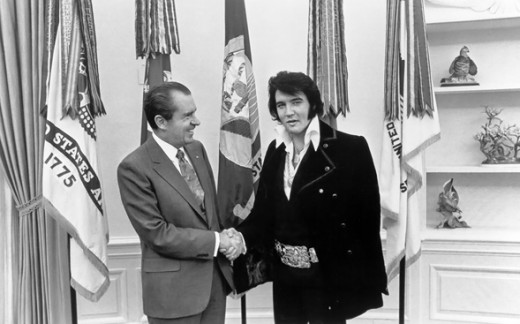
4. In the Ghetto
Another song recorded during the transcendent January 1969 sessions at American Studios in Memphis. “In the Ghetto” was Elvis’ first and last protest song and he was initially reluctant to record this message track. He tried to avoid any hint of politics in his music because he didn’t want to alienate any portion of his audience. This would be his most political song ever, originally called “The Vicious Cycle”, it was written by Mac Davis. It was definitely controversial at the time, about showing compassion to underprivileged African Americans, but it seems tame, even maudlin by modern standards. Elvis won over the skeptical studio musicians over with his energy, enthusiasm, hard-work, and sheer effort during the recording of this song. They were originally dismissive of him, but developed respect for his talents and dedication by the end, especially after seeing the sweat pour off of him after each track. The song was the first one released as a single from these American studio sessions. It reached #3 on the charts in June of 1969, and was his best showing since “Crying in the Chapel” in 1965.
5. Burning Love
The incendiary, infectious "Burning Love" was written by Dennis Linde and recorded by Elvis in Los Angeles in a March 1972 studio session that also yielded “Separate Ways” and “Always on My Mind”. Presley typically did his studio work in Nashville, but decided to record this time in LA because of his tight touring schedule. The musicians noted that Elvis was in a dark, brooding mood during the session and that his heart wasn’t really in this song. This was likely because Priscilla had just told him she was leaving so he was not particularly interested in fast, up-tempo numbers. Consequently, he breezed through six quick takes of it before moving on to the next song. In spite of this casual regard the track became his biggest hit since “Suspicious Minds” in 1970, reaching #2 on the pop charts. Charlie Hodge’s acoustic guitar is featured in the song.
6. Promised Land
"Promised Land" was recorded at Stax Records in Memphis in December of 1973. The famous soul music studio where Sam & Dave and Otis Redding recorded their famous tracks was only 5 minutes from Graceland and Elvis decided to record there instead of traveling to Nashville. After being hospitalized earlier in the year for bad reaction to all the prescription drugs he had been consuming, he was nursed back to health by his doctor and girlfriend Linda Thompson and was in the best spirits he had been in since before Priscilla left. The producer, Felton Jarvis, was frustrated with Stax's antiquated system and RCA had to send down a modern mobile recording unit to bypass the inferior Stax equipment. "Promised Land" was written and originally recorded by Chuck Berry. It is a straight ahead rollicking rocker with a funky intro featuring James Burton on guitar and David Briggs on piano. It is one of Elvis’ hardest rocking songs of the seventies. It climbed to #14 on the pop charts in 1974. The lyrics captured perfectly the mania of Elvis' hectic touring schedule at the time.
7. Moody Blue
Recorded at the same February 1976 session in the Jungle Room at Graceland that produced “Hurt”, it was written by Mark James, who also penned “Suspicious Minds”. James Burton was on guitar and Glen Hardin played piano. "Moody Blue" is an upbeat, country-tinged number, about an unpredictable girlfriend. Elvis’ voice had weakened quite a bit at this point, due to the cocktail of prescription drugs he was taking and his overall poor health, but he still rallied enough to deliver one of his last signature performances. It reached #31 on the pop charts and #1 on the country charts in 1976. The 45 single was released at the time in a translucent blue vinyl.
Poll Question
What is your favorite Elvis song on this list?
8. Way Down
Recorded at Elvis’ last recording session in October 1976 at Graceland and released just before he died in June of 1977. It peaked at #31 in early August 1977 and started to fall, but when Elvis died on August 16th the song regained momentum and climbed to #18 on the pop charts and #1 on the country charts. Gospel recording legend J.D. Sumner, who had been touring with Elvis for the past several years, sings the deep “waaay on dowwwnnn” part at the end of each chorus. The Guinness Book of World Records claimed that with his performance J.D. hit the lowest recorded note every produced by a human voice, a double low C note. The song was written by Laying Martin, Jr.
9. It’s Your Baby, You Rock It
"It's Your Baby, You Rock It" is a rollicking, swinging, toe-tapping, smooth, country-soul number. Elvis' full, deep voice floats along over harmonica, female background singing, propulsive bass, and guitar picking. I love the “hmmmm” at the 1:50 mark and how Elvis roughens it up toward the end when he belts out the line at the 2:30 mark. From the much underrated Elvis Country (I'm 10,000 Years Old) album, the song was recorded at the RCA studios in Nashville in 1970 and it was never released as a single.
10) I Really Don’t Want To Know
“I Really Don’t Want To Know” is an underrated country-soul ballad from the great Elvis Country album. Elvis’s voice is rich and robust as he belts out the lyrics over swelling strings, tinkling piano, and sultry guitar fills. Elvis returned to the studio in 1970, this time in Nashville under the production of his regular producer Felton Jarvis after bad feelings developed with American studios. Jarvis assembled a top backing band for Elvis that included future Rock and Roll Hall of Famer James Burton on guitar and the famous Muscle Shoals rhythm section. Elvis’s voice is in great condition during these sessions and this song is a showcase for its expressive, powerful quality. The song reached #21 on the pop charts in 1970.
